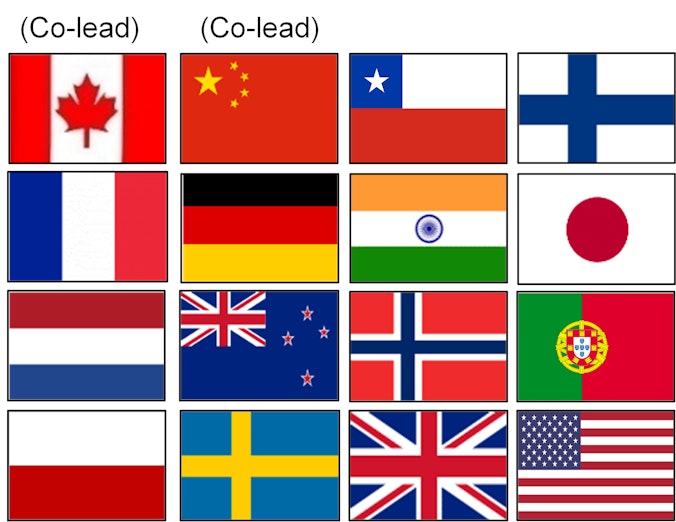Cite report
IEA (2022), Global EV Outlook 2022, IEA, Paris https://www.iea.org/reports/global-ev-outlook-2022, Licence: CC BY 4.0
Report options
Electric Vehicles Initiative
Electric Vehicles Initiative aims to accelerate EV deployment
The Electric Vehicles Initiative (EVI) is a multi-governmental policy forum established in 2010 under the Clean Energy Ministerial (CEM). Recognising the opportunities offered by EVs, the EVI is dedicated to accelerating the adoption of EVs worldwide. To do so, it strives to better understand the policy challenges related to electric mobility, help governments address them and to serve as a platform for knowledge sharing.
The EVI facilitates exchanges between government policy makers that are committed to supporting EV development and a variety of partners, bringing them together twice a year. Its multilateral nature, openness to various stakeholders and engagement at different levels of governance (from country to city-level) offer friutful opportunities to exchange information and to learn from experiences developed by a range of actors in the transition to electric mobility.
The International Energy Agency serves as the co-ordinator to support the EVI member governments in this activity. Governments that have been active in the EVI in the 2020-21 period include Canada, Chile, People’s Republic of China (hereafter “China”), Finland, France, Germany, India, Japan, the Netherlands, New Zealand, Norway, Poland, Portugal, Sweden, United Kingdom and United States. Canada and China are the co-leads of the initiative.
The Global EV Outlook annual series is the flagship publication of the EVI. It is dedicated to track and monitor the progress of electric mobility worldwide and to inform policy makers on how to best accelerate electrification of the road transport sector.


EVI co-lead are China and Canada.